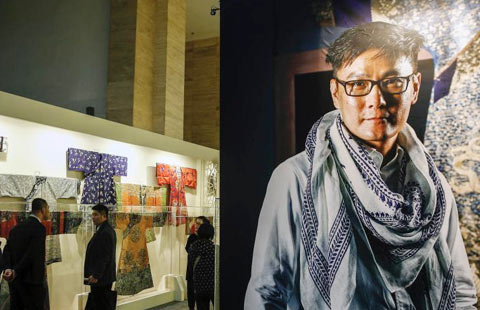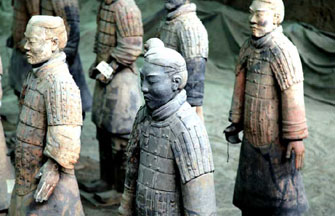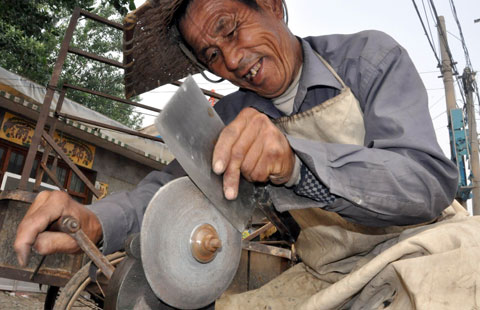Joys of minimalism
By Associated Press ( China Daily ) Updated: 2014-12-03 07:11:33
Instead of deciding what to discard, she says, the focus should be on what to keep: which few things spark sufficient joy or are truly necessary.
How to contend with family members unready to join in the celebratory purge?
If possible, carry the bags out of the house yourself. "There's no need to let your family know the details of what you throw out or donate," she writes, although she advises against secretly disposing of other people's things. "You can leave communal spaces to the end. The first step is to confront your own stuff."
After joyfully relegating mountains of unneeded or unloved belongings to the trash or charity, she then turns to organizing what's left.
The key, she says, is storing things mostly in drawers, arranged so that everything can be seen at a glance and nothing is stacked, a practice decidedly unkind to items at the bottom.
So T-shirts and socks (the ones you've kept because they make you happy) are rolled - no painfully balled-up socks with moaning elastic here - and beautifully arranged like sushi in a bento box.
Closets are meticulously arranged to fit everything from electric fans (at the bottom) and spare blankets (on top) to carefully arranged clear drawers of beloved belongings and a shelf or two with a few joy-sparking books.
Papers and documents - there won't be many since few are truly necessary and they generally hold so little joy - are likewise filed and not stacked.
Kondo says she has been obsessed with "tidying" since she was 5, opting to arrange shoes and pencils in school when other kids played in the playground. She began communing with her belongings in high school and, after years of work at a Shinto shrine, realized her calling as a professional consultant on attaining the joy of minimalism.
"The inside of a house or apartment after decluttering has much in common with a Shinto shrine ... a place where there are no unnecessary things, and our thoughts become clear. It is the place where we appreciate all the things that support us," she says. "It is where we review and rethink about ourselves."
|
|
|
|
|
|

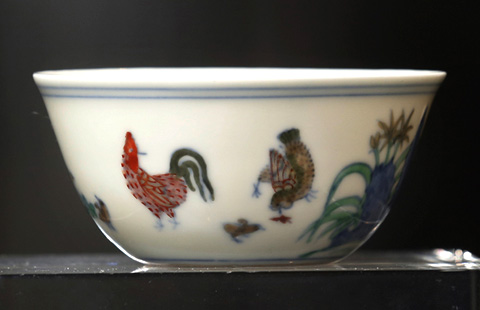

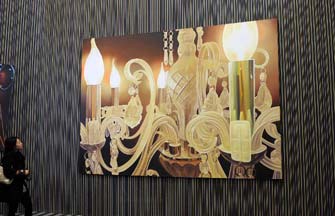
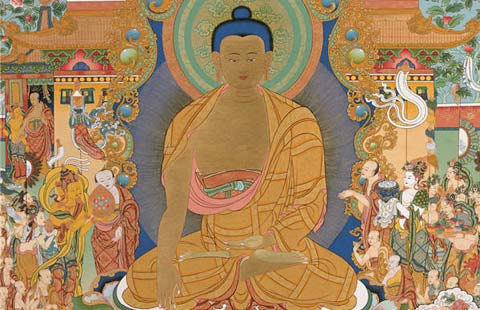

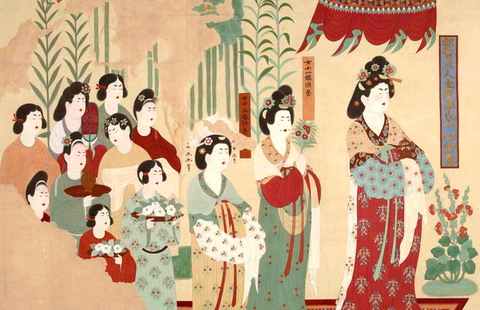







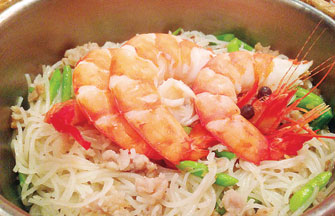


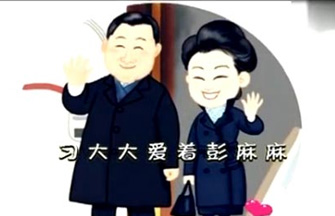




 Raymond Zhou:
Raymond Zhou: Pauline D Loh:
Pauline D Loh: Hot Pot
Hot Pot Eco China
Eco China China Dream
China Dream China Face
China Face

